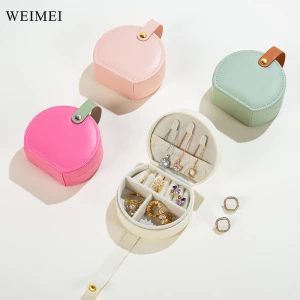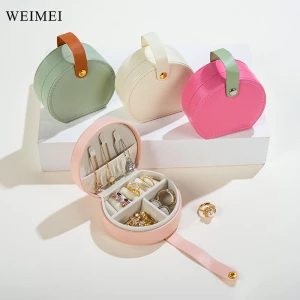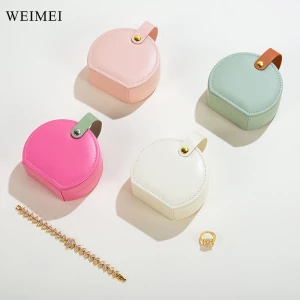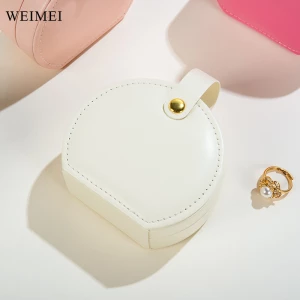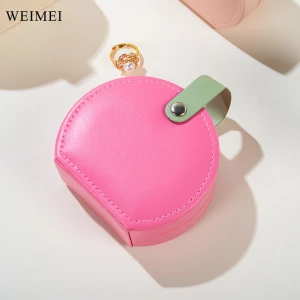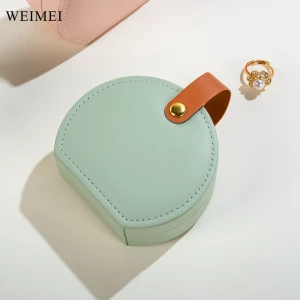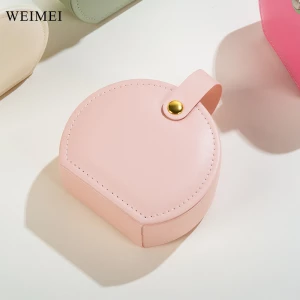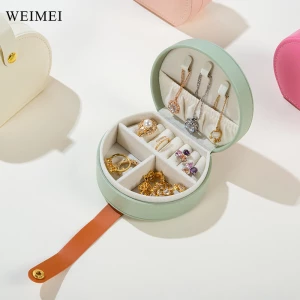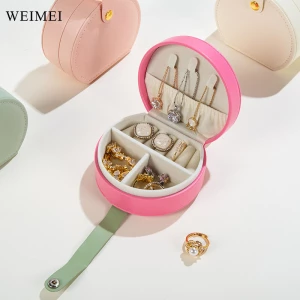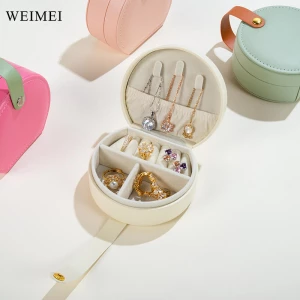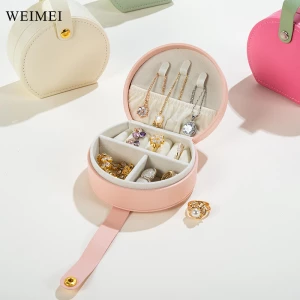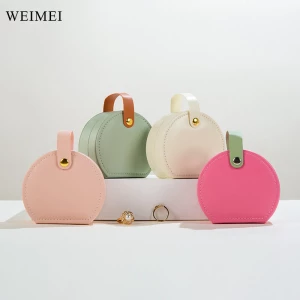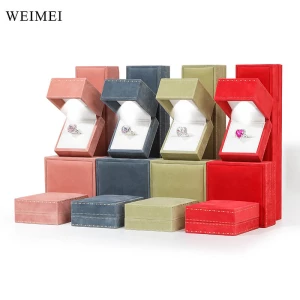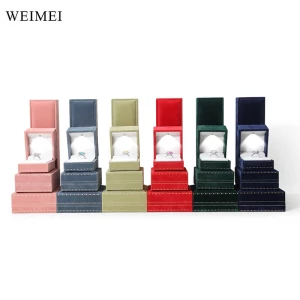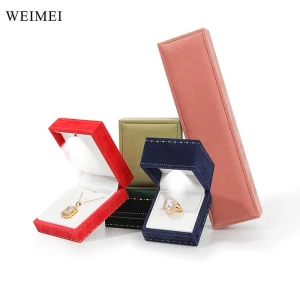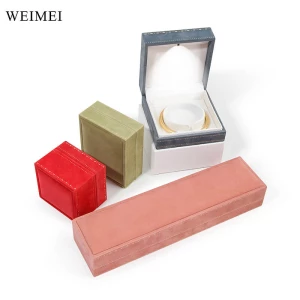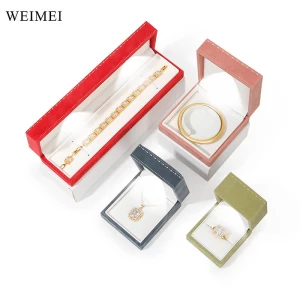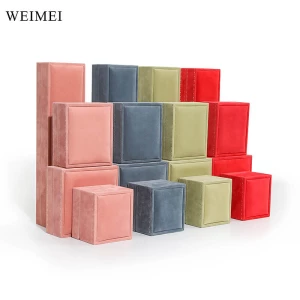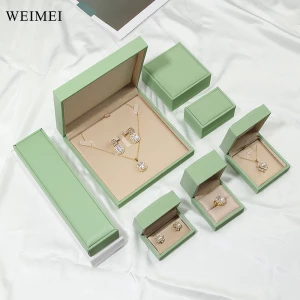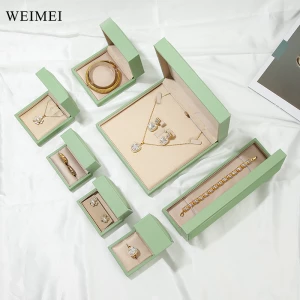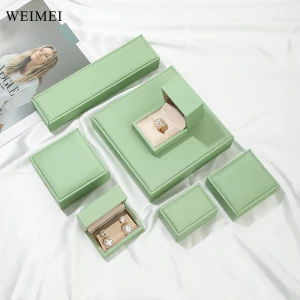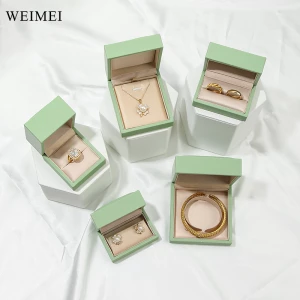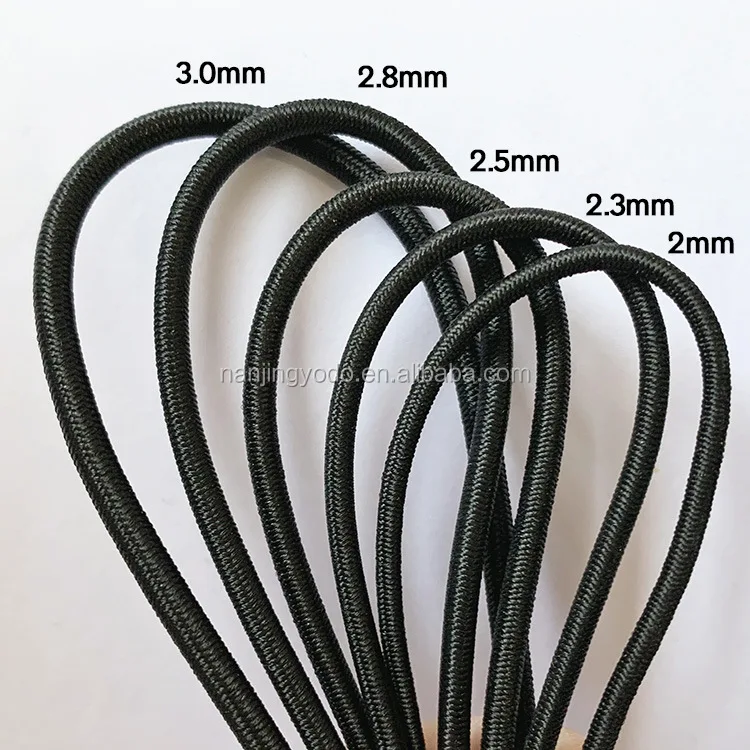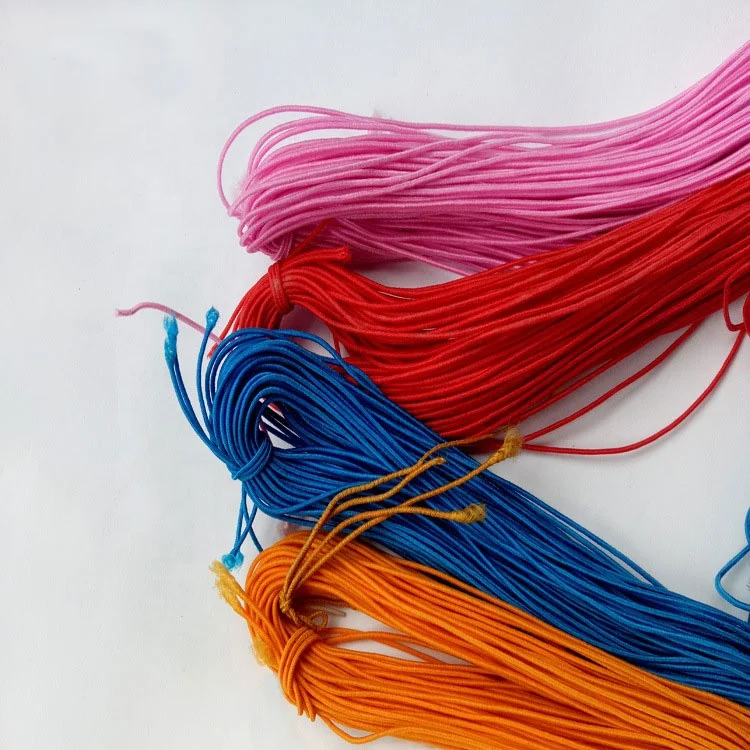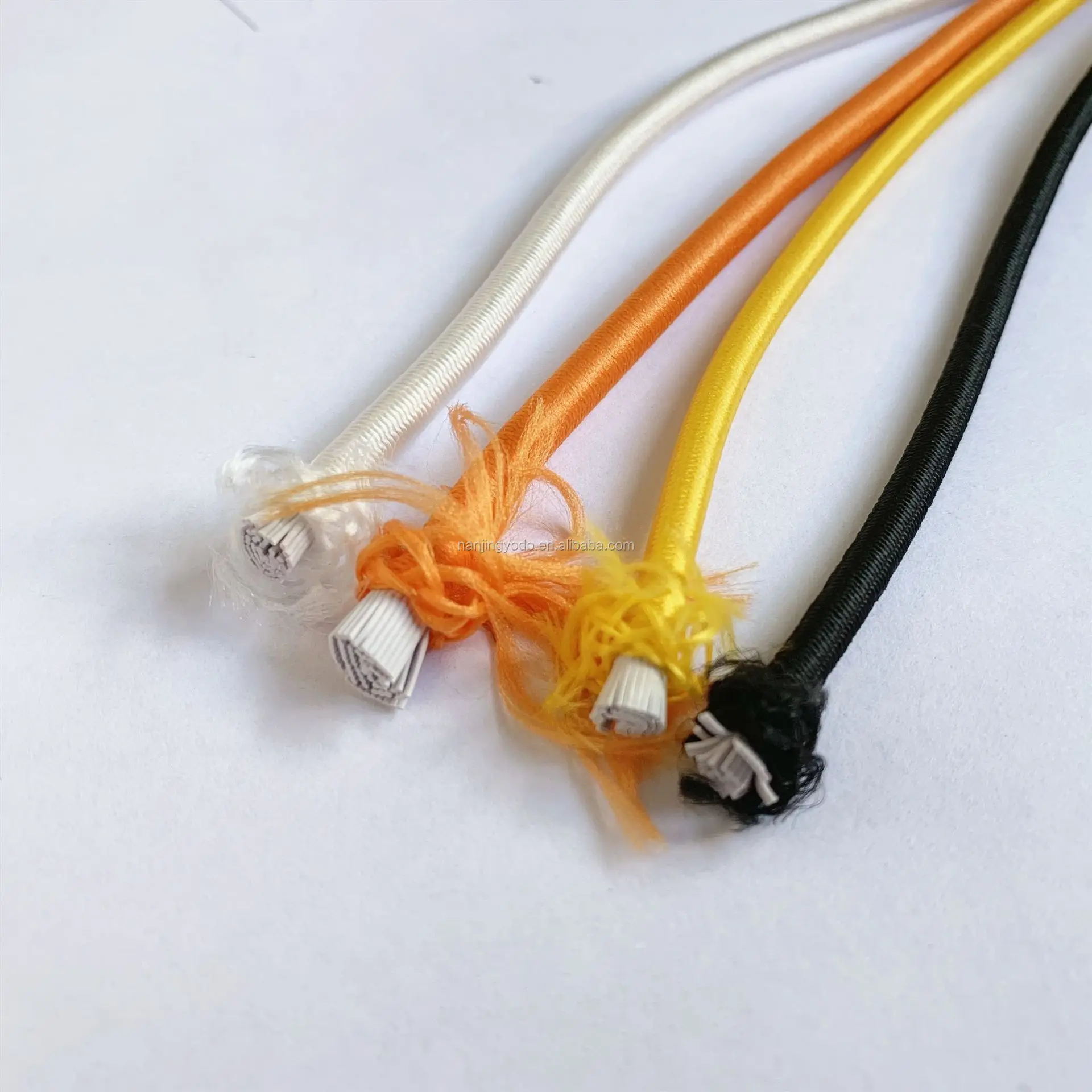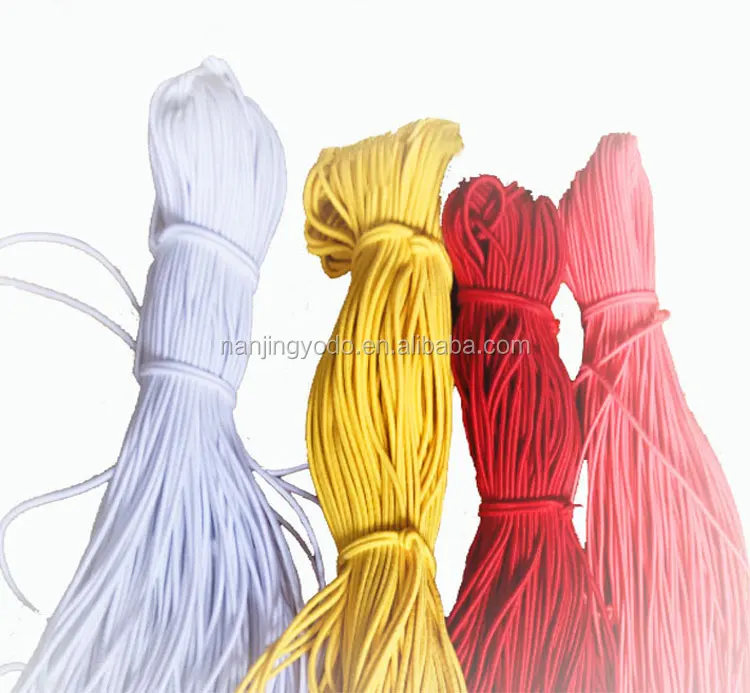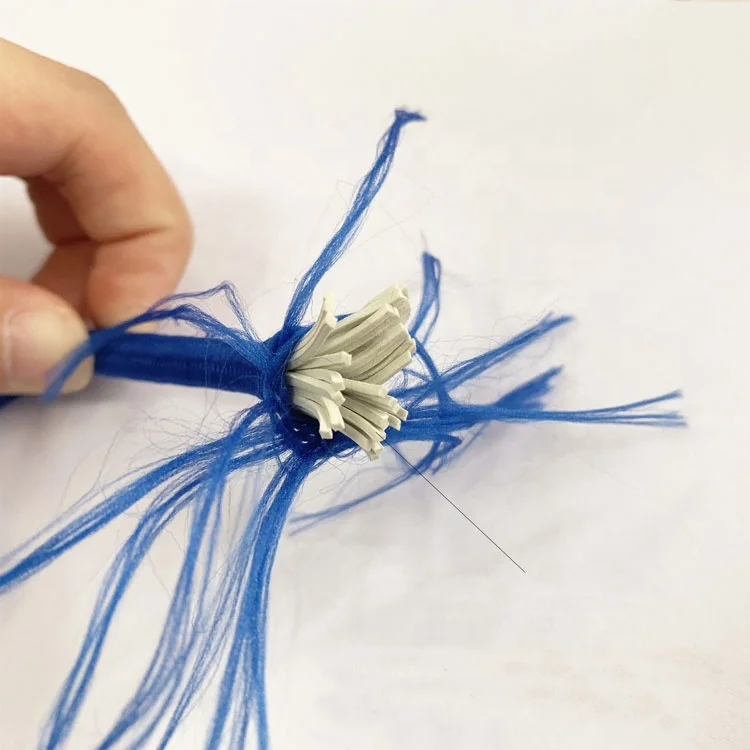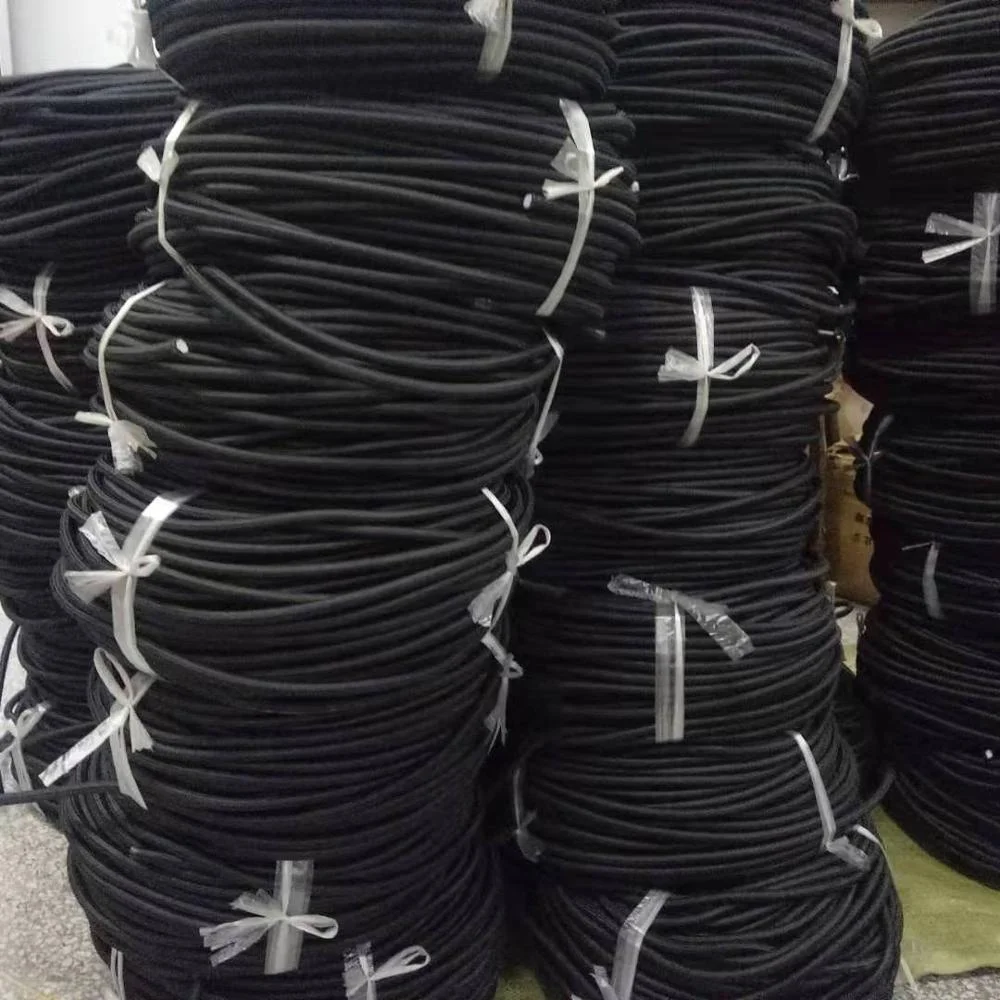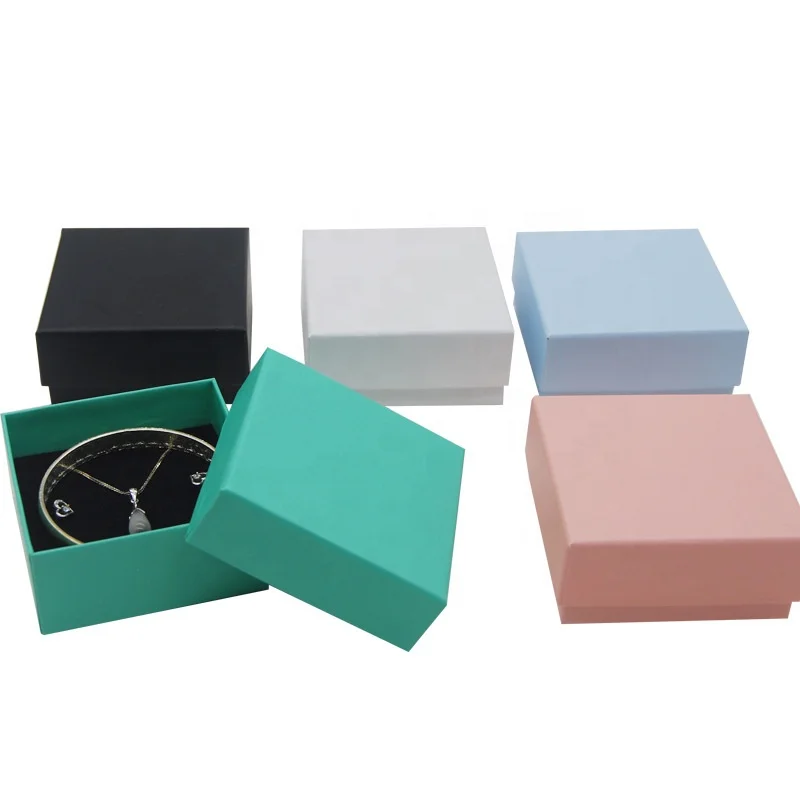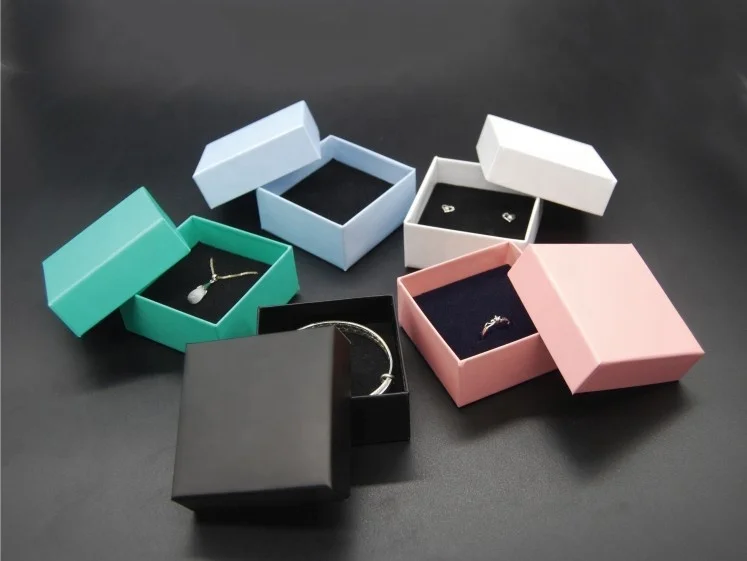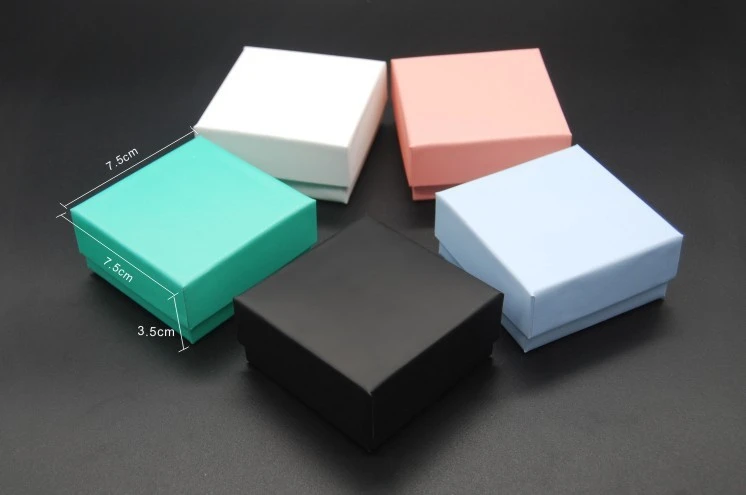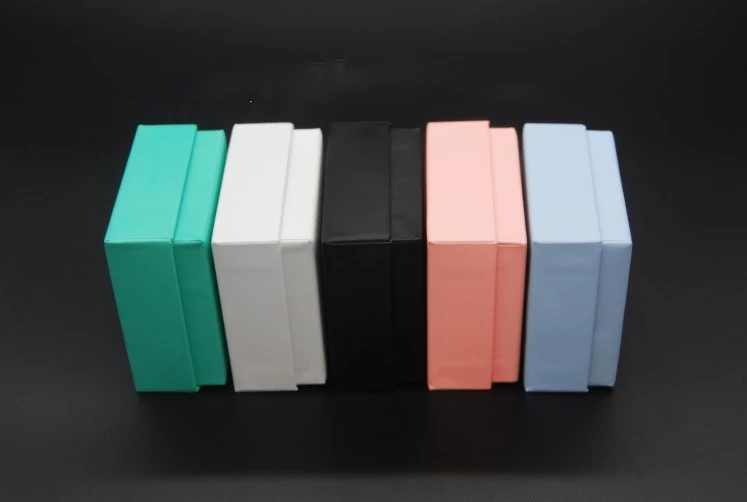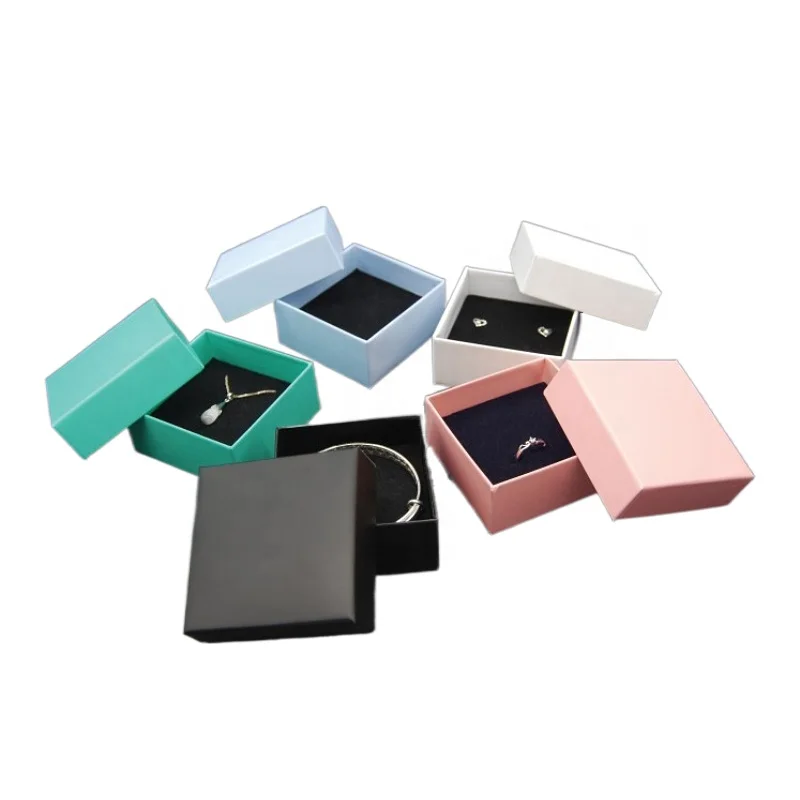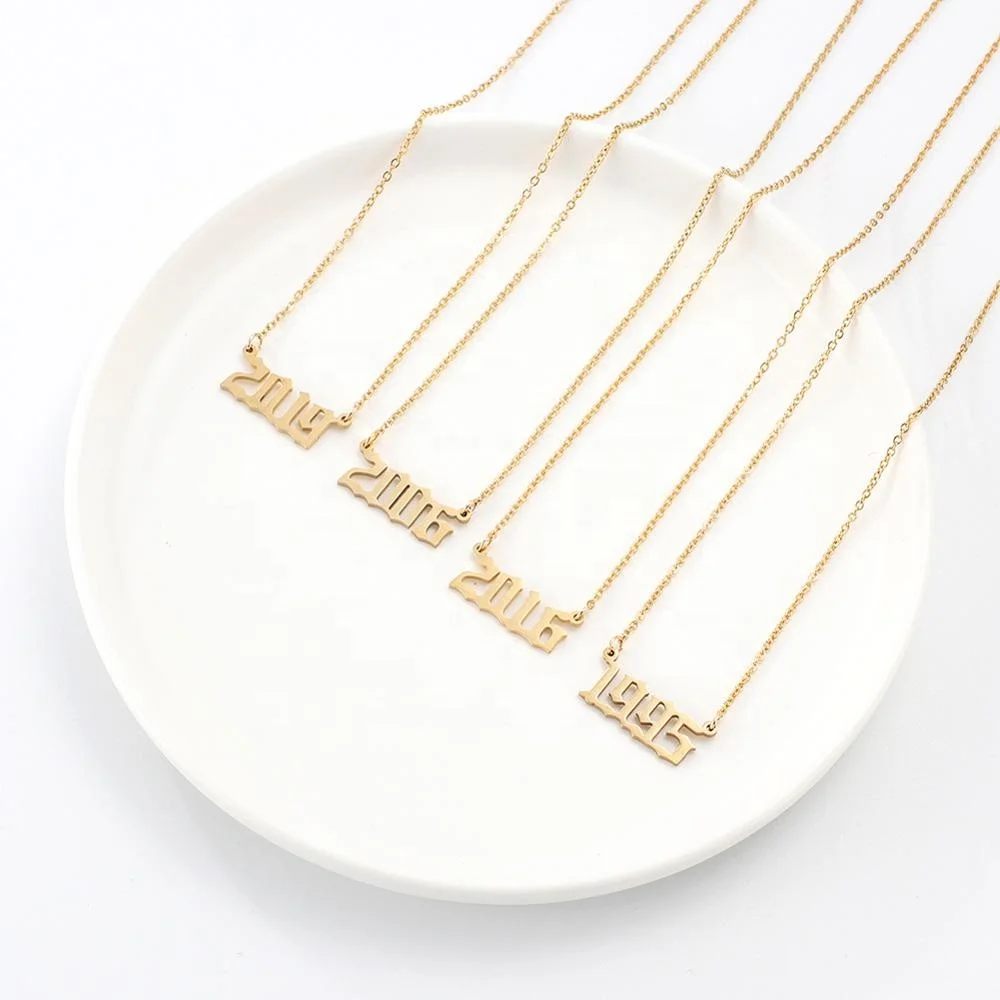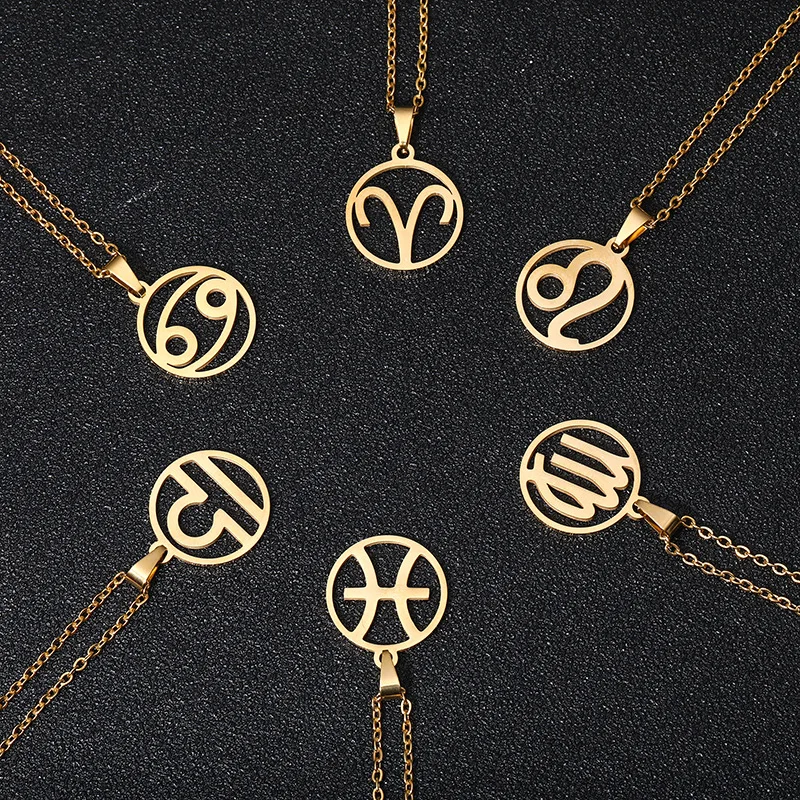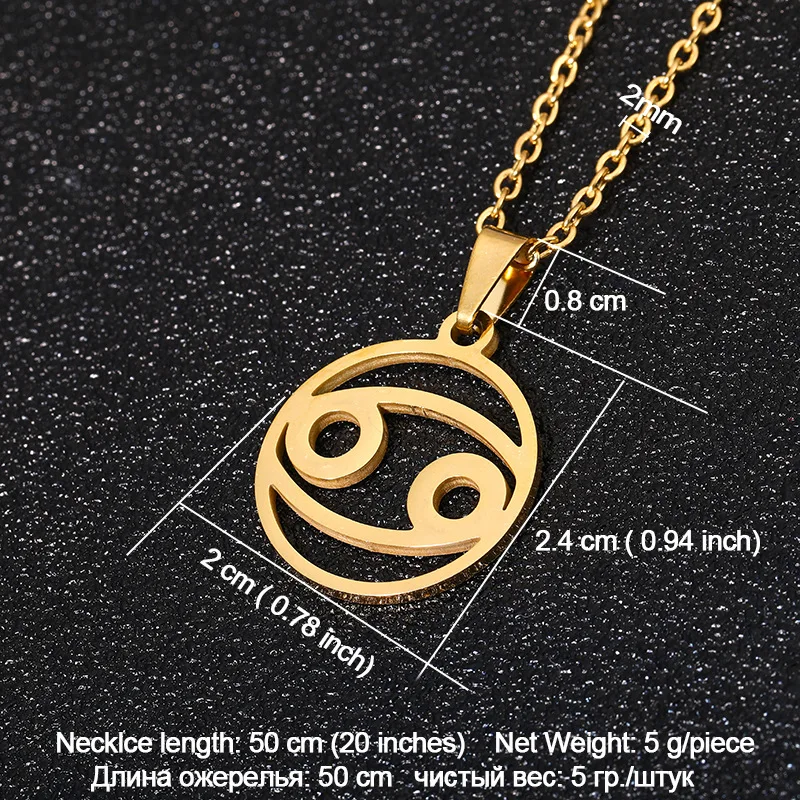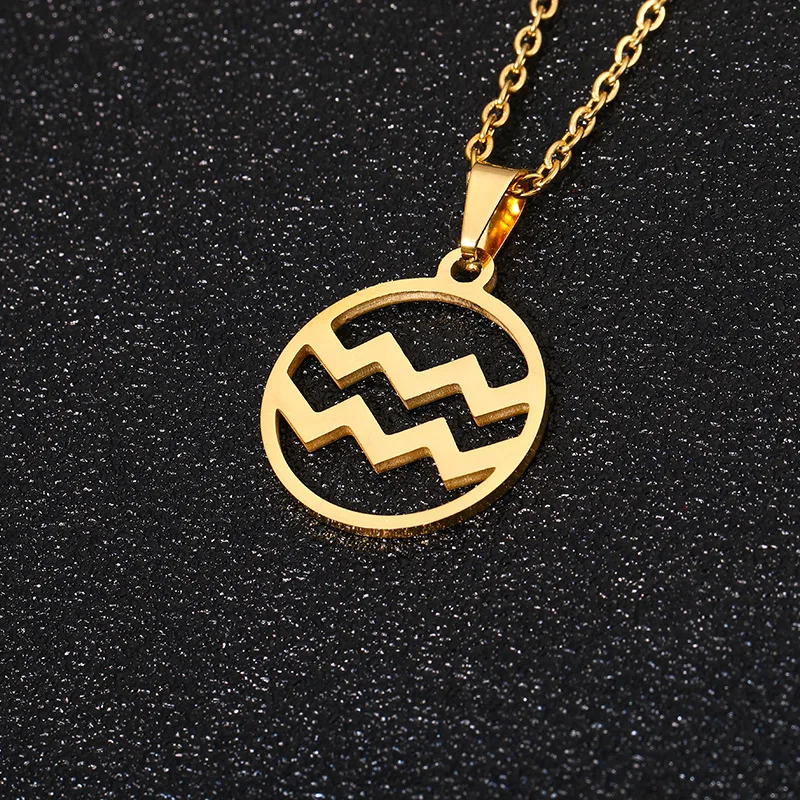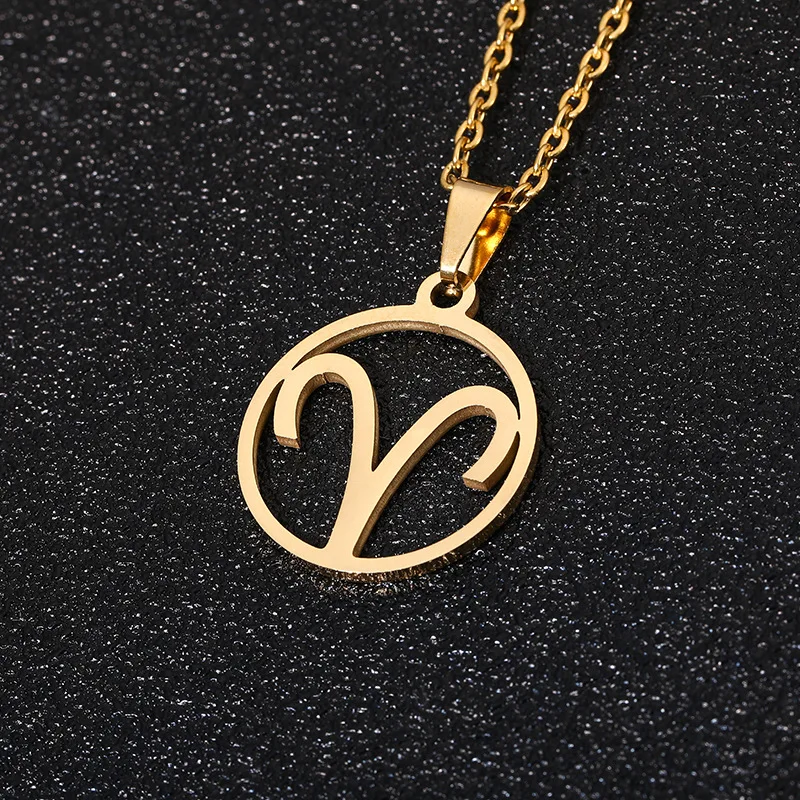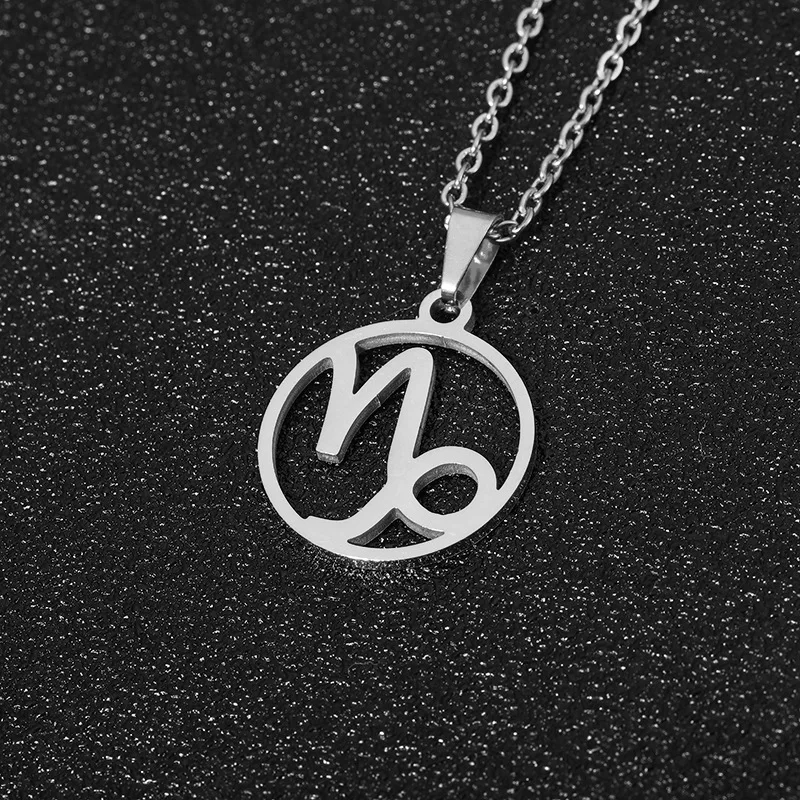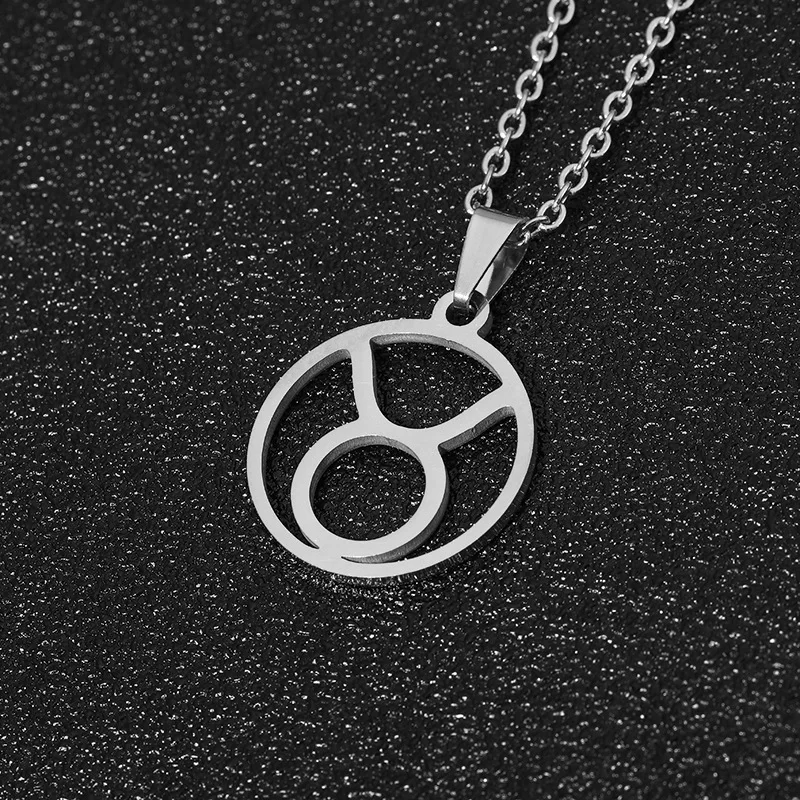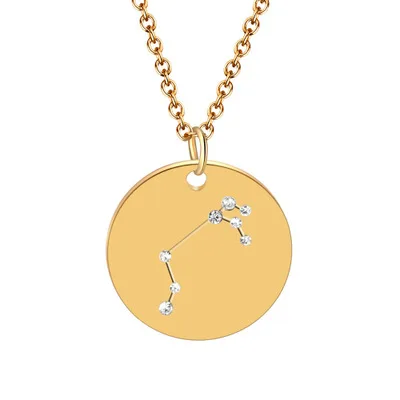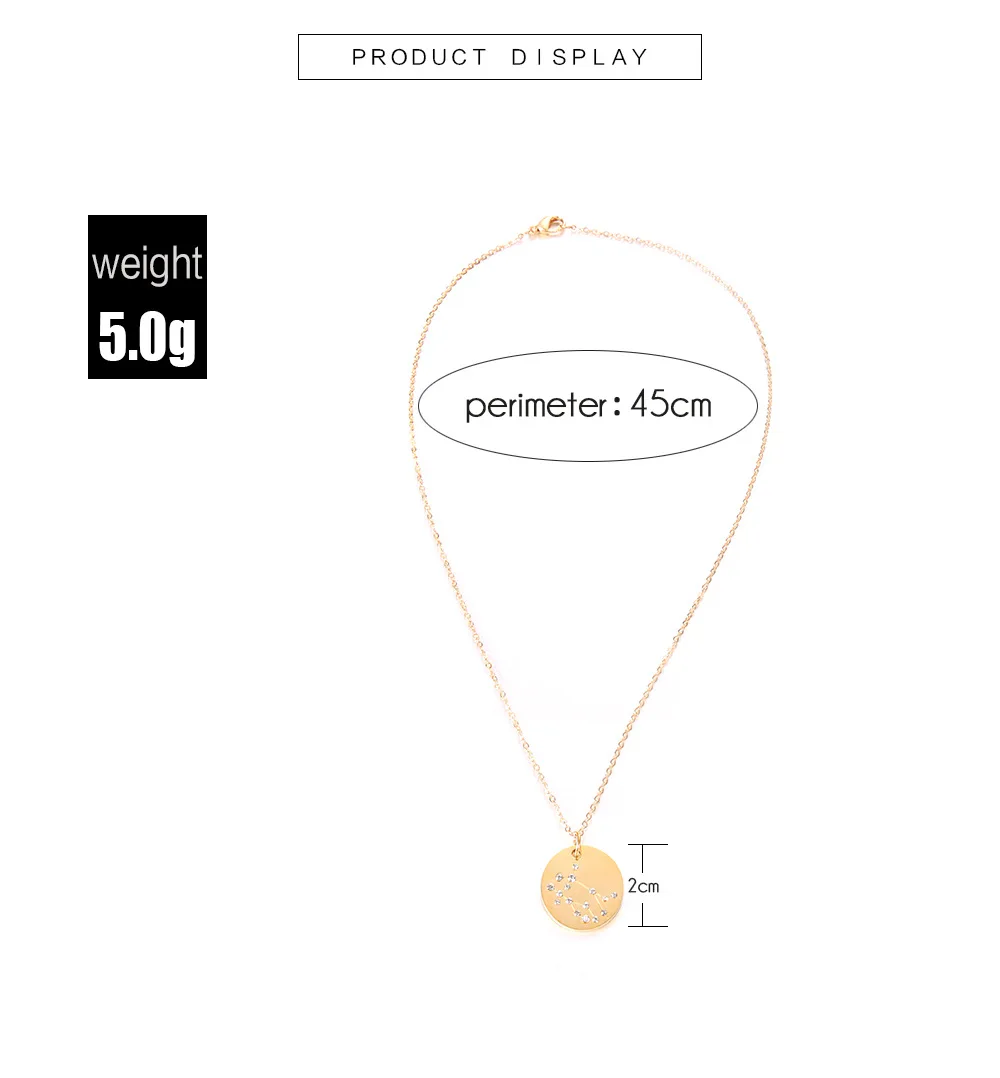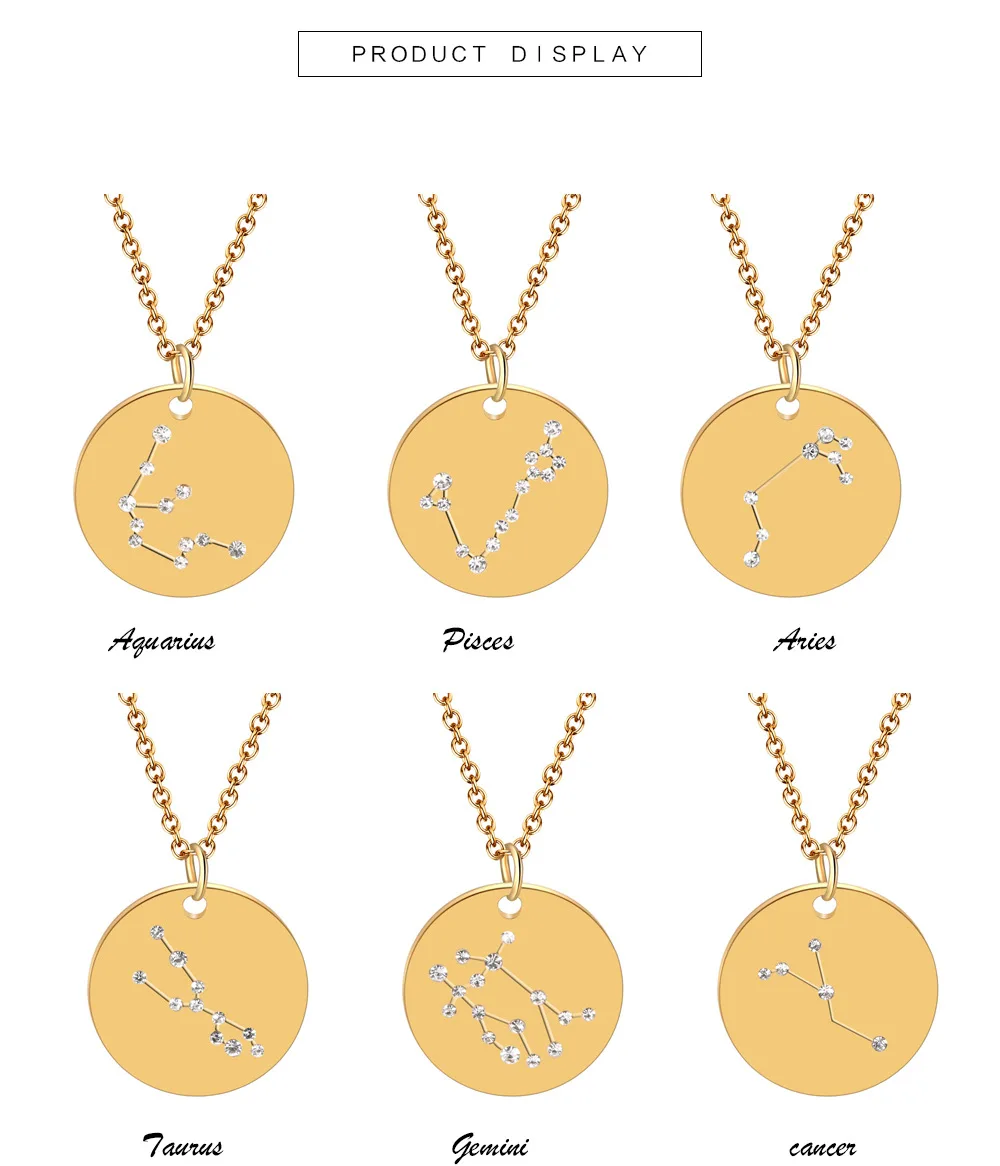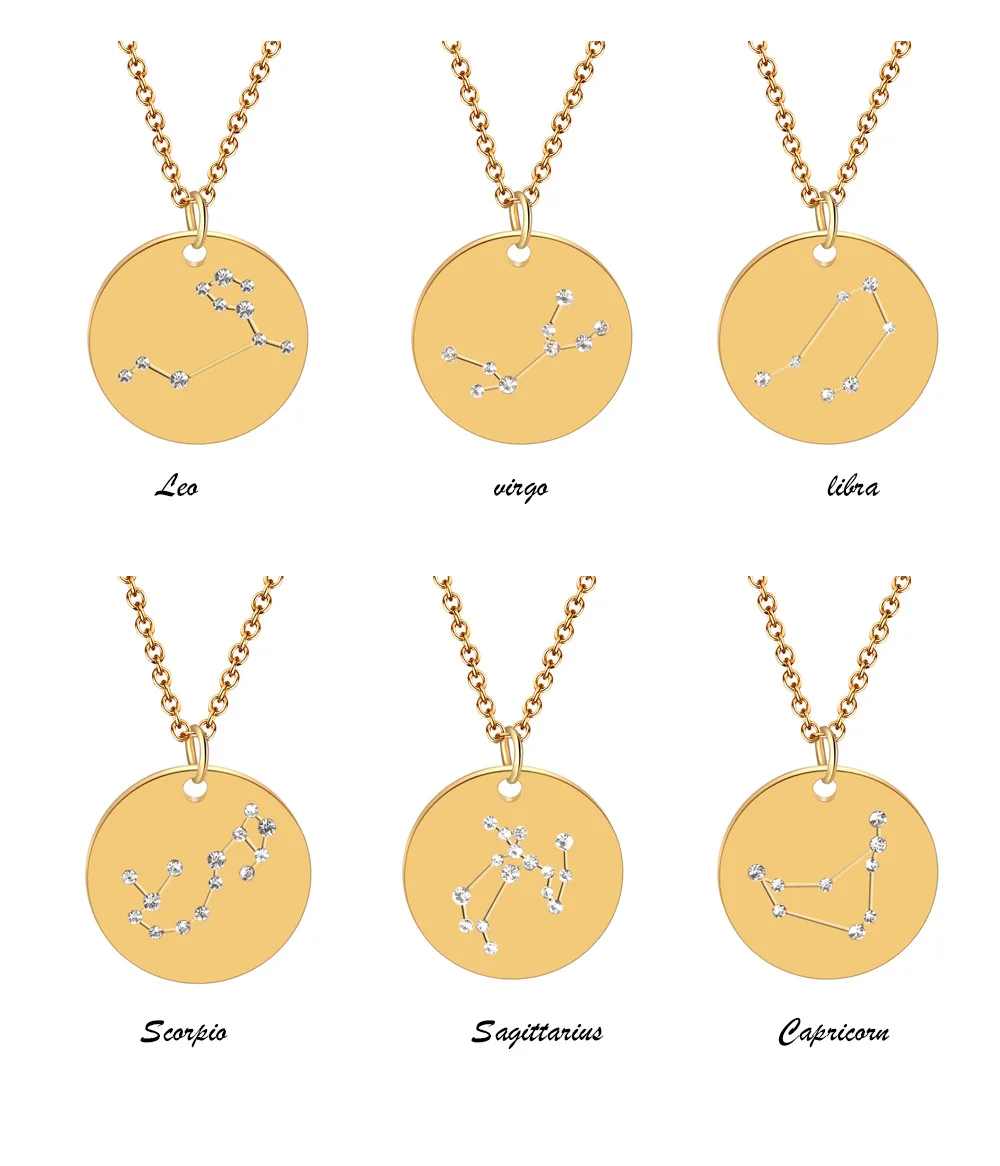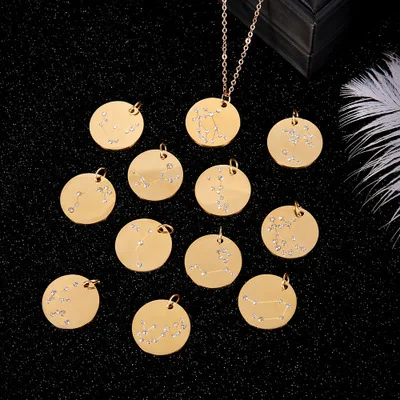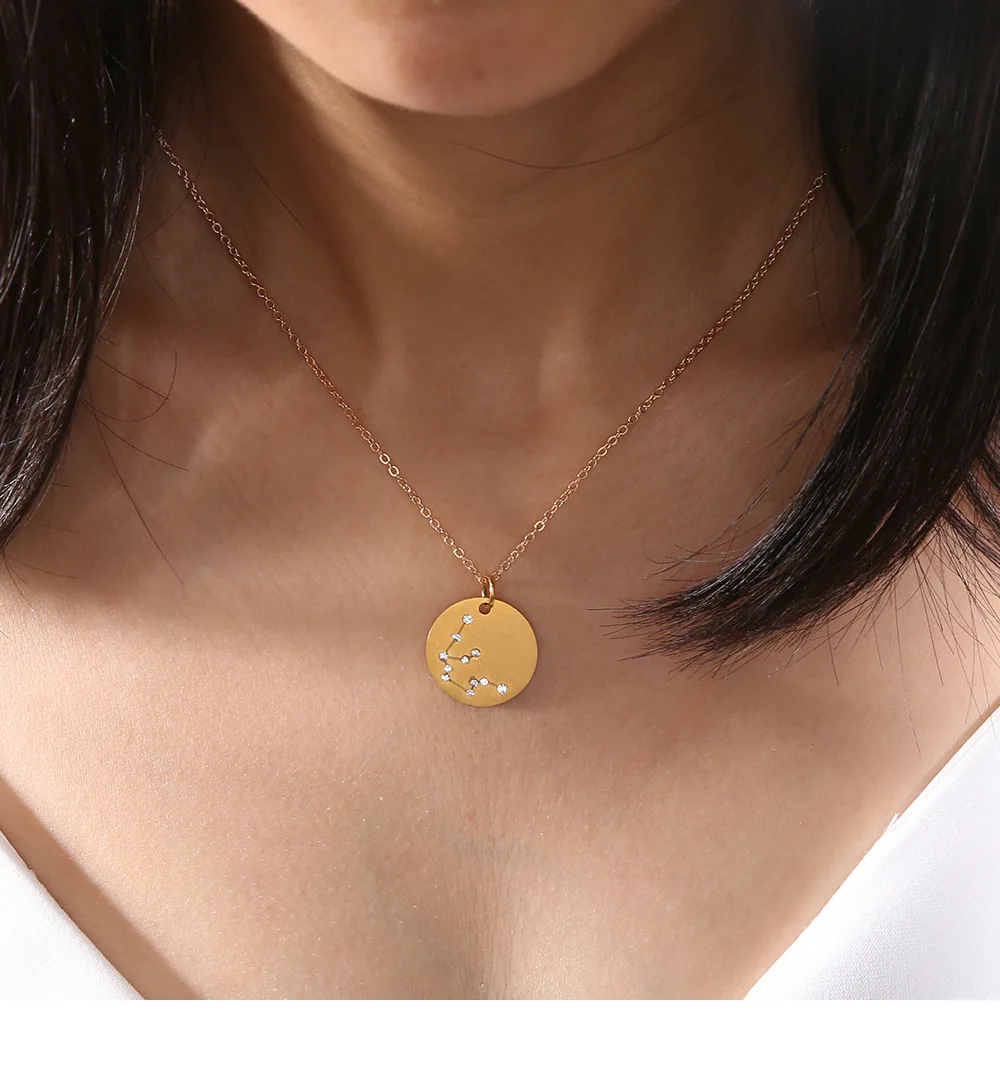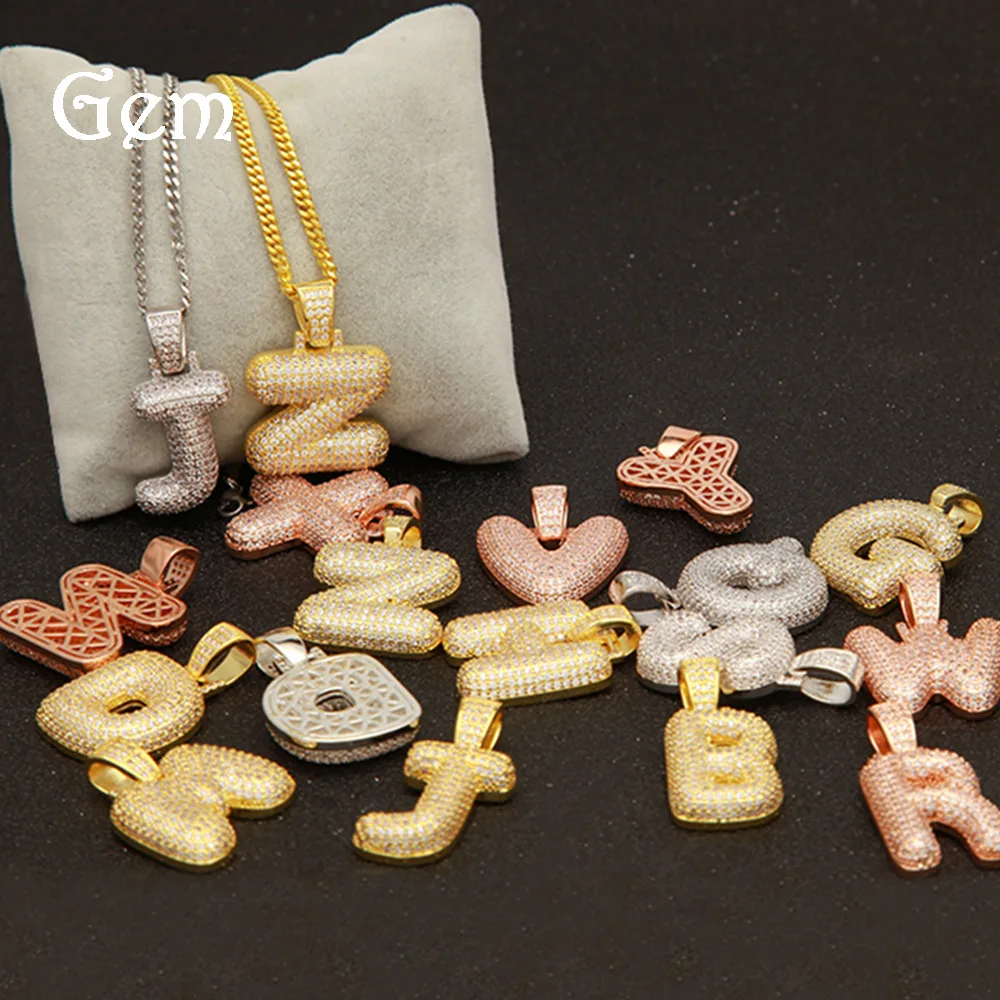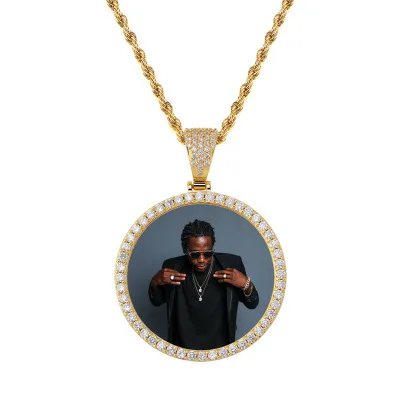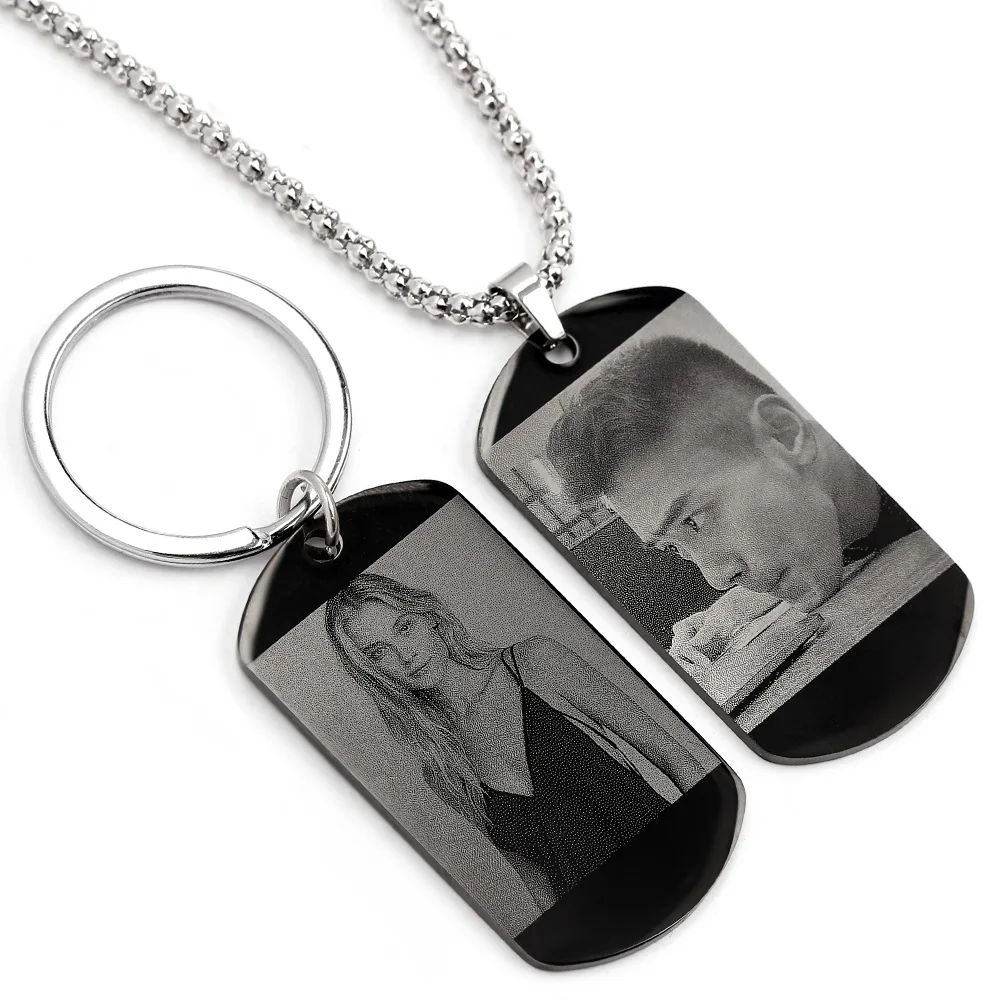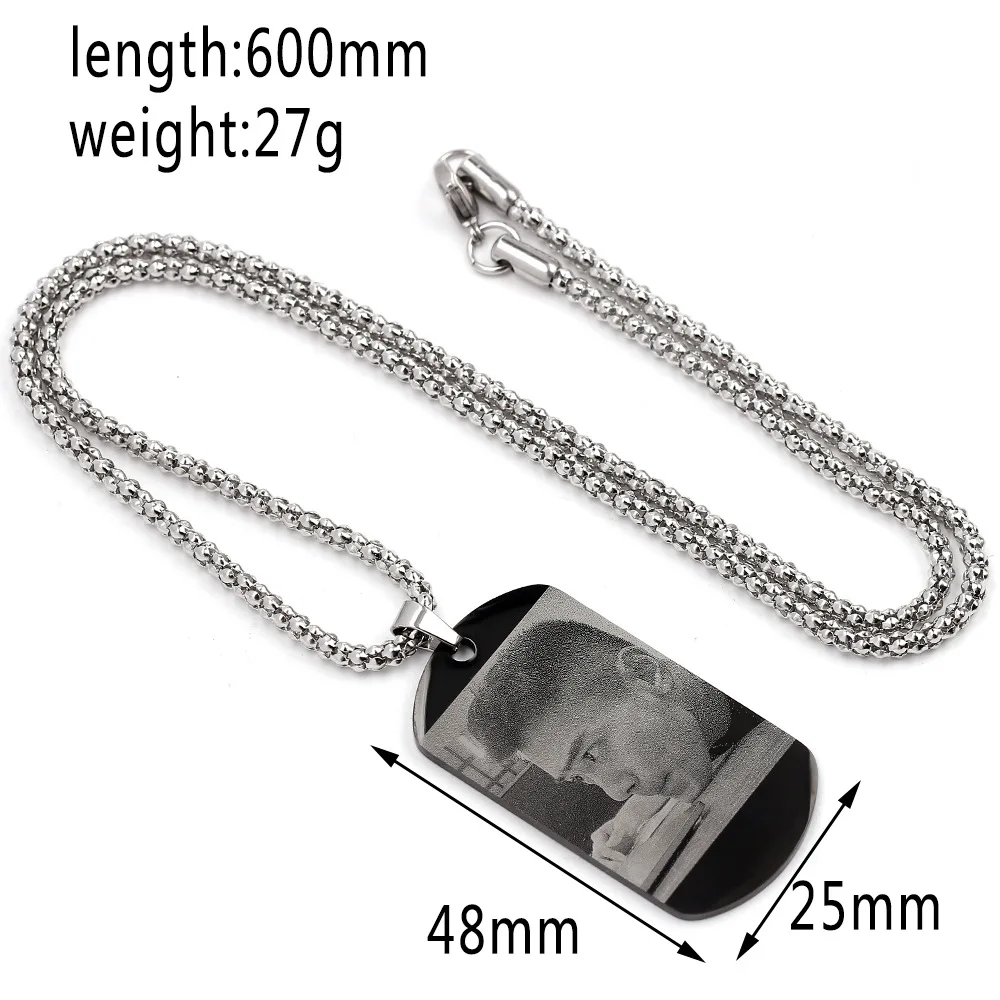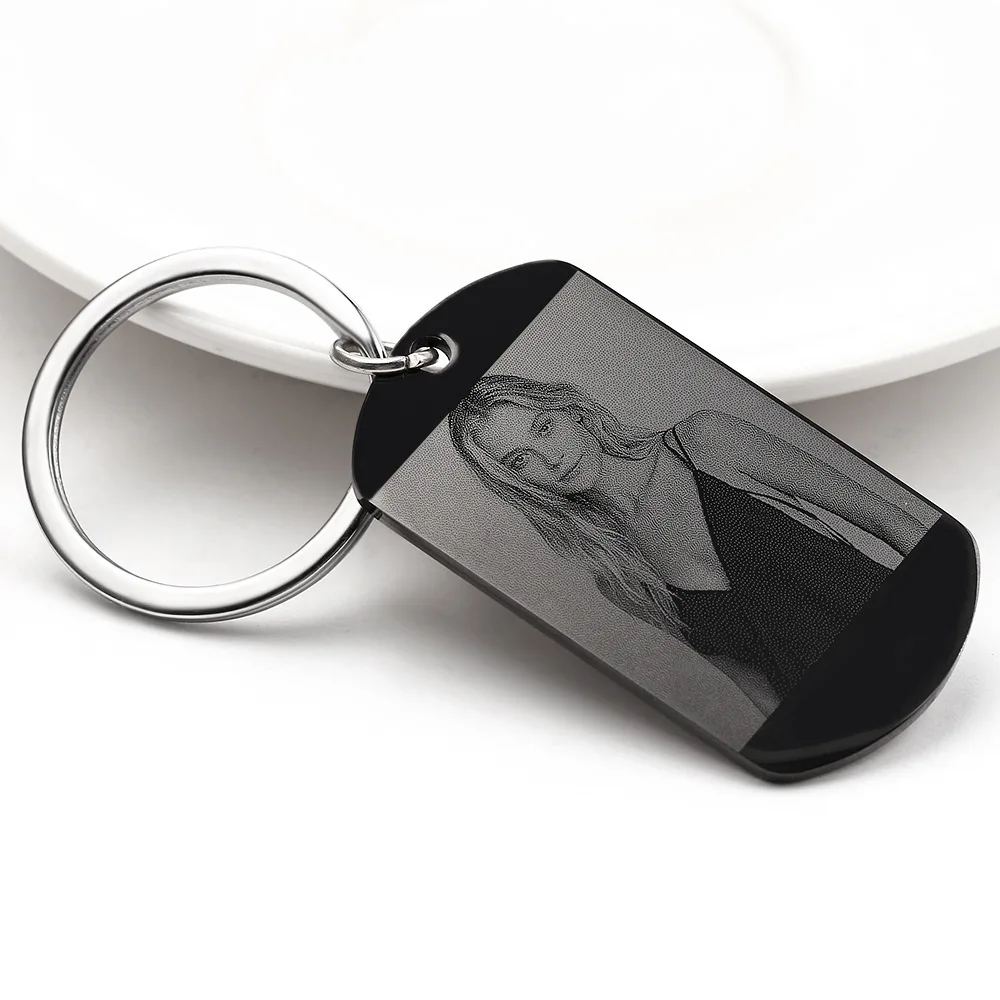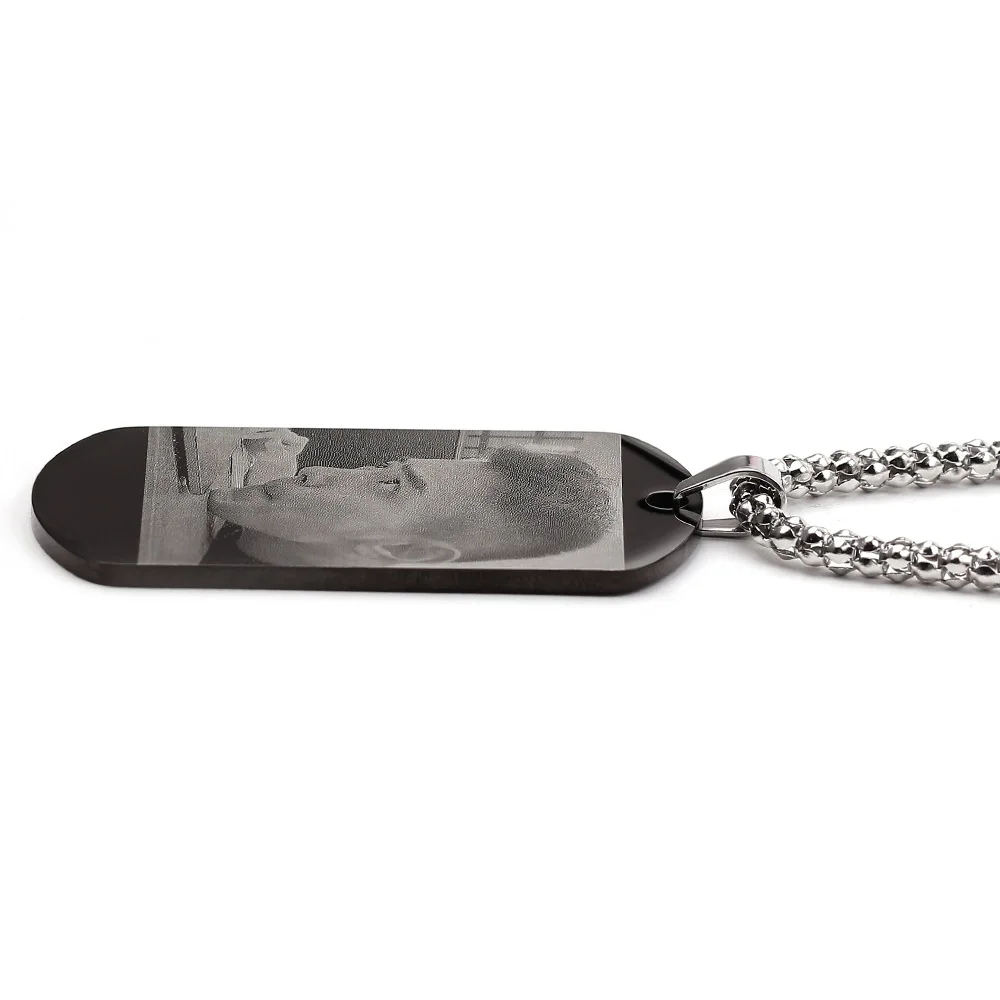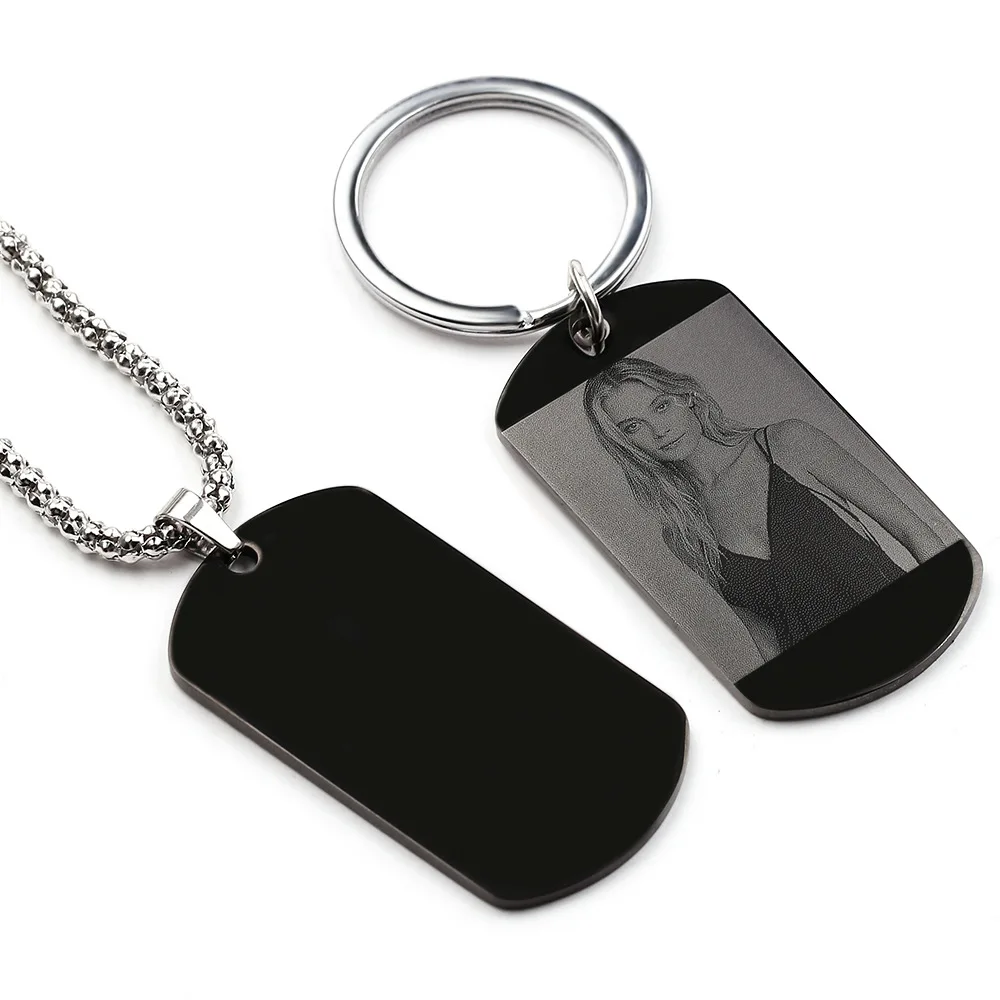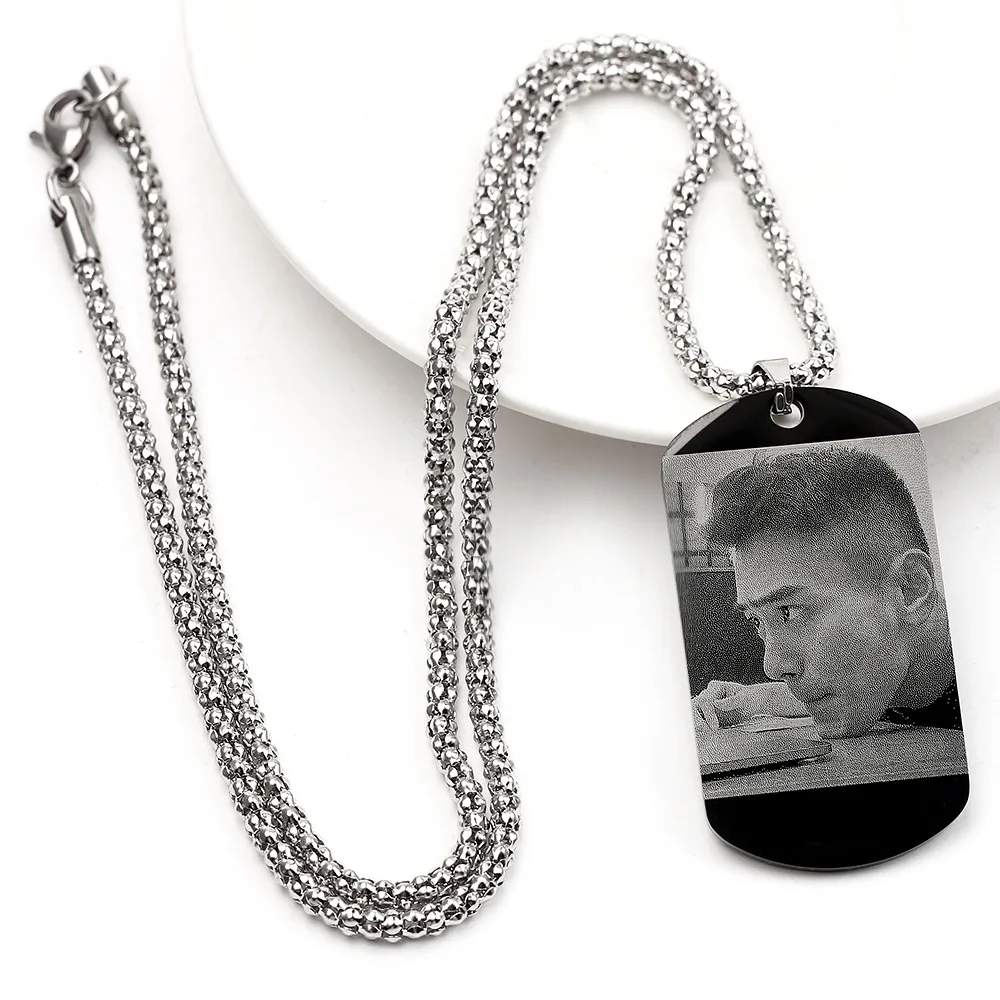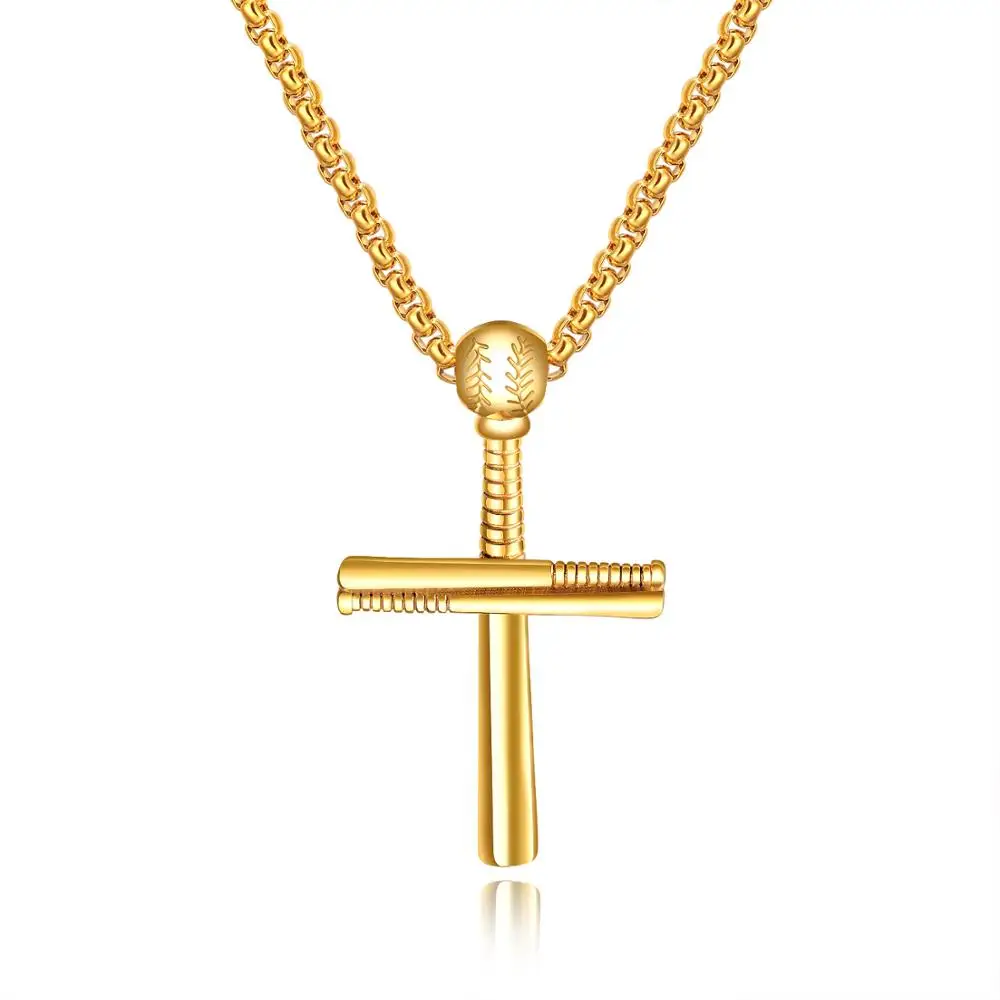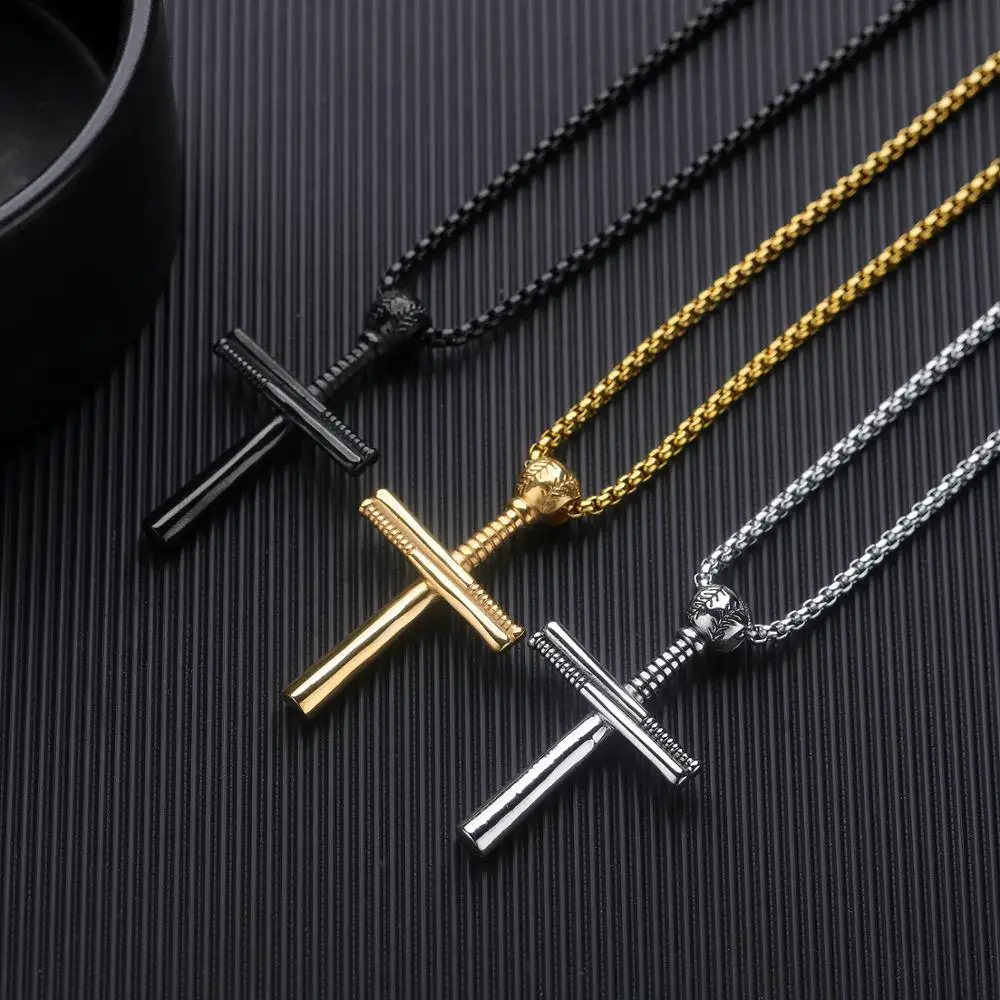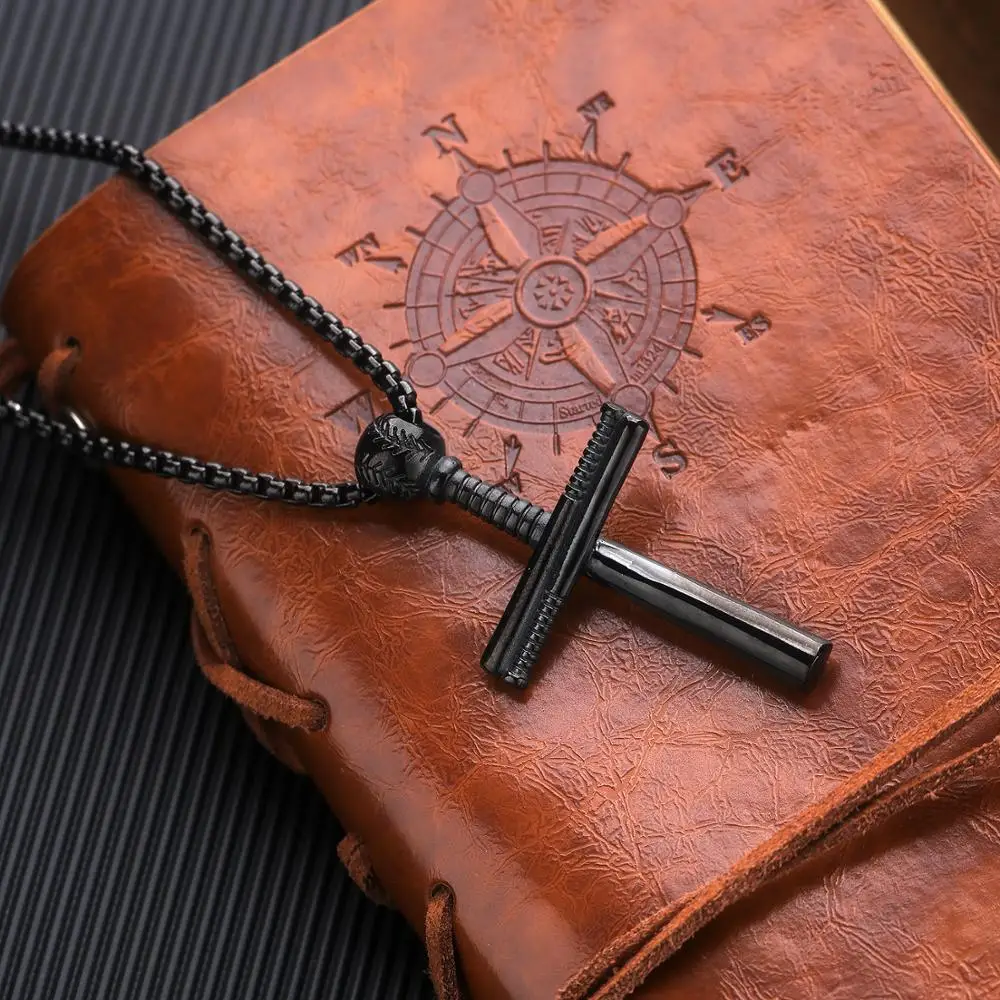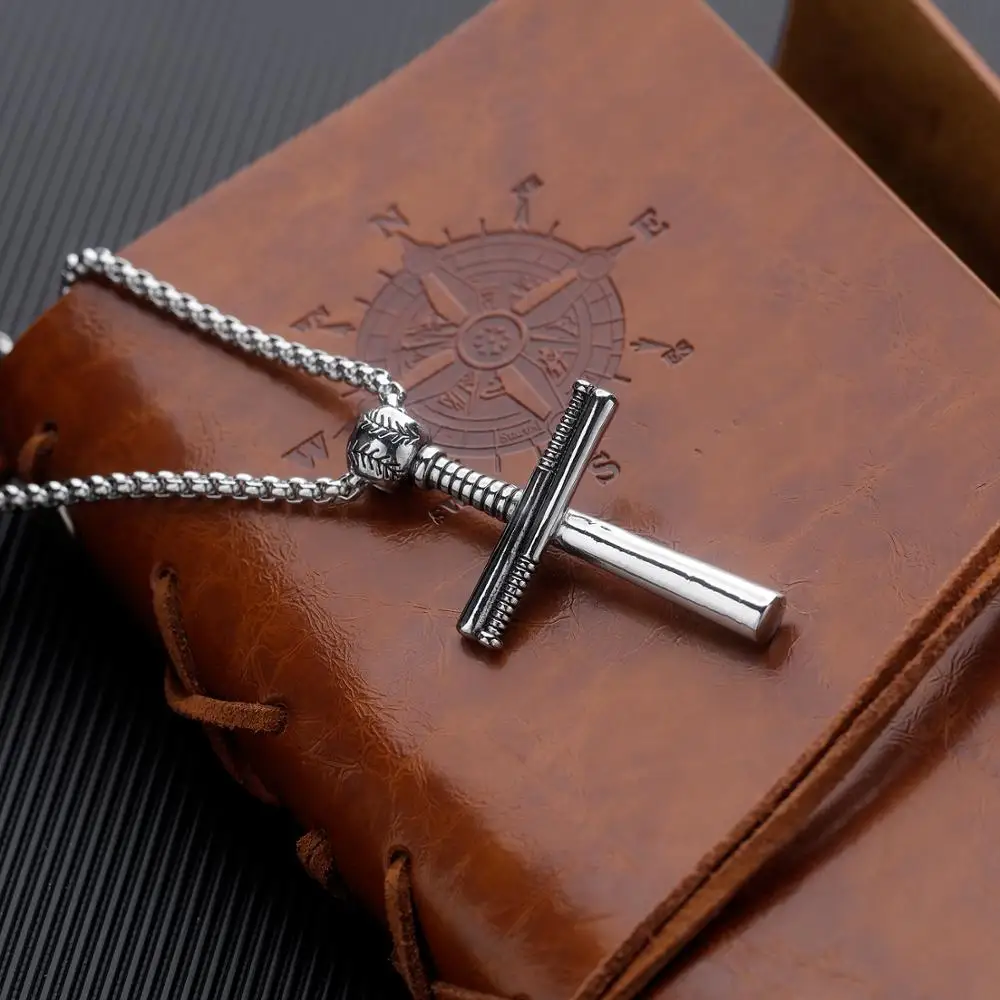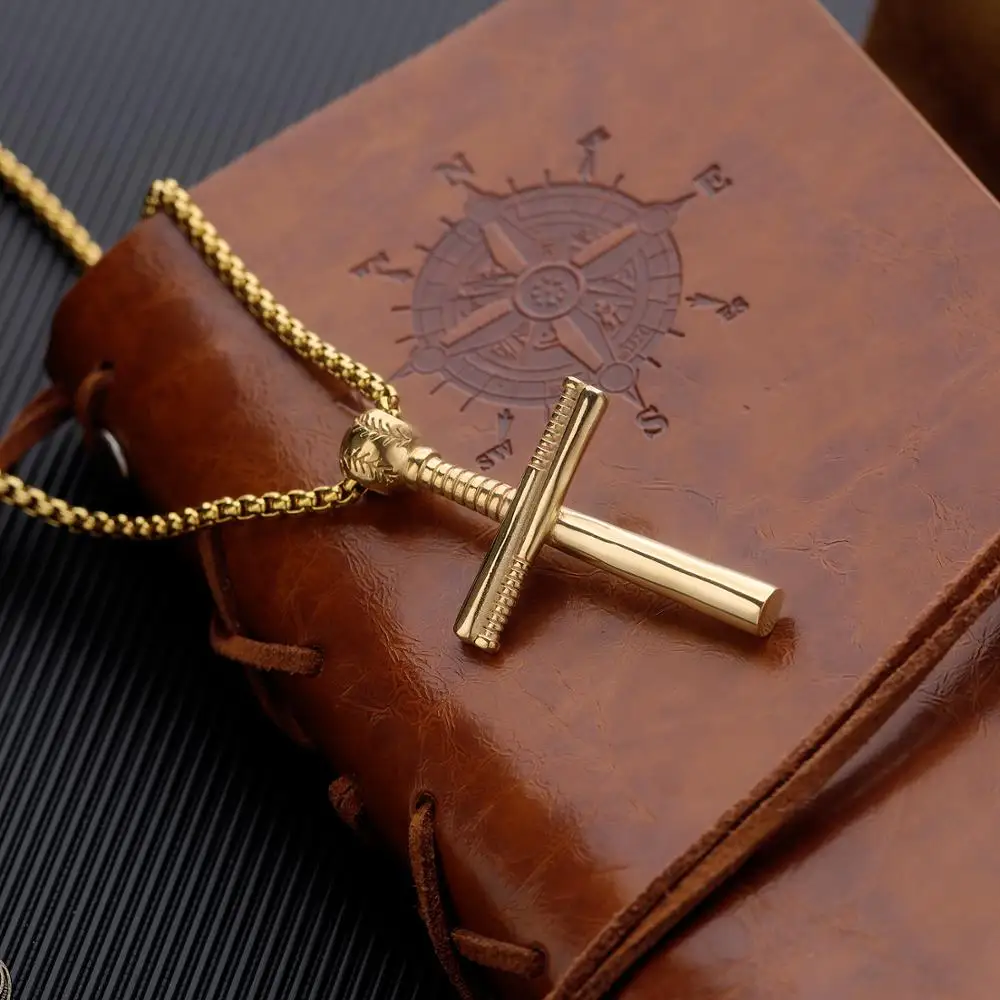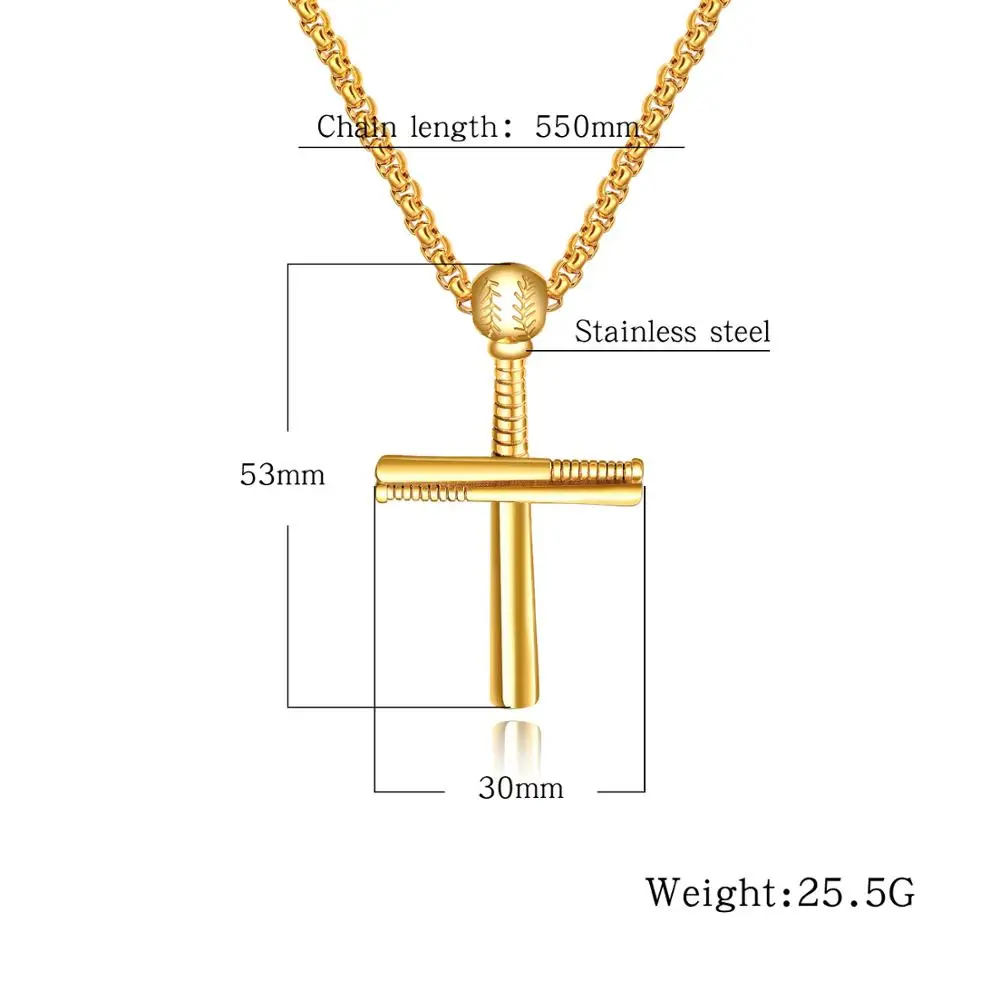Diamond Necklaces: A Buyer's Guide to Quality and Style
Diamond necklaces are timeless pieces of jewelry that add elegance and sophistication to any outfit. Whether you're looking for a statement piece or a subtle accessory, understanding the different types, features, and buying considerations can help you make an informed decision. This guide covers everything from sourcing reliable diamond necklaces from China to choosing the perfect piece for your needs.
How to Find Reliable Diamond Necklaces from China in 2025
China has become a leading manufacturer of high-quality diamond necklaces, offering competitive prices without compromising on craftsmanship. To find reliable suppliers, look for certifications like GIA or IGI, which guarantee the authenticity of the diamonds. Platforms like Alibaba and Made-in-China list verified sellers with customer reviews, making it easier to assess their credibility. Additionally, request samples before placing bulk orders to ensure quality meets your expectations.
What Buyers Should Know Before Buying Diamond Necklaces from China
When purchasing diamond necklaces from China, consider factors like shipping costs, import duties, and return policies. Verify the seller's reputation by checking customer feedback and ratings. It's also wise to ask for detailed product specifications, including diamond cut, clarity, carat weight, and metal purity. Many Chinese suppliers offer customization options, so don't hesitate to discuss your specific requirements.
Types of Diamond Necklaces
Diamond necklaces come in various styles, each suited for different occasions and preferences. Popular types include:
- Pendant Necklaces: Feature a single diamond or a cluster, often hanging from a delicate chain.
- Choker Necklaces: Sit snugly around the neck, offering a modern and chic look.
- Princess Necklaces: Designed with a central diamond surrounded by smaller stones for a regal effect.
- Beaded Necklaces: Incorporate diamonds into a beaded design for a unique and textured appearance.
Functions and Features of Diamond Necklaces
Beyond their aesthetic appeal, diamond necklaces serve as investment pieces due to the enduring value of diamonds. High-quality necklaces often feature durable metals like 18K gold or platinum, ensuring longevity. Many designs also include adjustable chains or clasps for a customizable fit. Some advanced options incorporate lab-grown diamonds, which offer the same brilliance as natural diamonds at a fraction of the cost.
Scenarios of Diamond Necklaces
Diamond necklaces are versatile accessories suitable for various occasions. A simple solitaire pendant is perfect for everyday wear, while a statement piece with multiple diamonds elevates formal attire. Chokers and princess necklaces are ideal for weddings and special events, adding a touch of glamour to any ensemble. For corporate settings, opt for understated designs that exude professionalism.
How to Choose Diamond Necklaces
Selecting the right diamond necklace involves considering your budget, style preferences, and the occasion. Pay attention to the 4Cs—cut, clarity, color, and carat—to ensure you're getting the best value. The metal type (gold, silver, platinum) should complement your skin tone and other jewelry. If you're buying online, check the seller's return policy and read customer reviews to avoid disappointments.
Diamond Necklaces Q & A
Q: Are lab-grown diamonds a good alternative to natural diamonds?
A: Yes, lab-grown diamonds are chemically identical to natural ones and often more affordable.
Q: How do I clean my diamond necklace at home?
A: Use a mild soap solution and a soft brush to gently clean the diamonds and metal.
Q: What's the average lifespan of a diamond necklace?
A: With proper care, a high-quality diamond necklace can last a lifetime.
Q: Can I customize a diamond necklace?
A: Many suppliers offer customization options for chain length, diamond size, and metal type.
Q: How can I verify the authenticity of a diamond?
A: Look for certifications from reputable labs like GIA or IGI.


